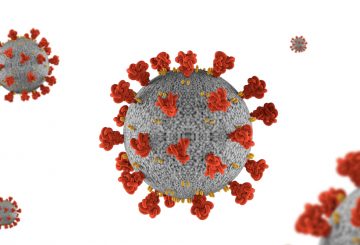The Paris Olympics will host the beach volleyball tournament in a temporary stadium near the Eiffel Tower. However, the decision to hold surfing competitions in Tahiti, on the other side of the world, has sparked controversy. The construction of a new viewing tower on Teahupo’o reef has raised concerns about potential harm to marine life.
Despite the controversy, the organisers argue that the decision to hold the surfing competitions in Tahiti was based on the goal of reducing the overall carbon footprint of the games. They claim that most fans will watch the events on television, thus avoiding the carbon emissions associated with air travel. Additionally, fewer spectators would mean less construction, another major source of carbon emissions.
The Paris Olympics aims to limit emissions to 1.58 million metric tons of CO2 equivalent, which is significantly less than previous games. The organisers have targeted reductions in construction, transportation, and operations. For instance, 95% of the facilities will be existing or temporary, and two new structures will be built using sustainable materials.
In terms of food, the Paris Olympics aims to halve the average meal’s carbon footprint by sourcing 80% of ingredients locally and offering 60% plant-based foods. Energy-wise, the games will use 100% renewable power from wind and solar farms, and venues will get power from the grid instead of diesel generators.
However, reducing transportation-related emissions presents a significant challenge, as millions of visitors are expected to attend the Olympics and Paralympics. Critics argue that the games’ sustainability efforts are commendable but should go further, and question the involvement of sponsors from carbon-intensive industries.
For emissions that can’t be reduced, Paris plans to compensate through offsetting, such as planting trees. However, this practice has been criticized due to lack of regulation and potential for fraud. The organisers maintain that they will continue to adapt their sustainability plans and work towards making the games as sustainable as possible.





























































